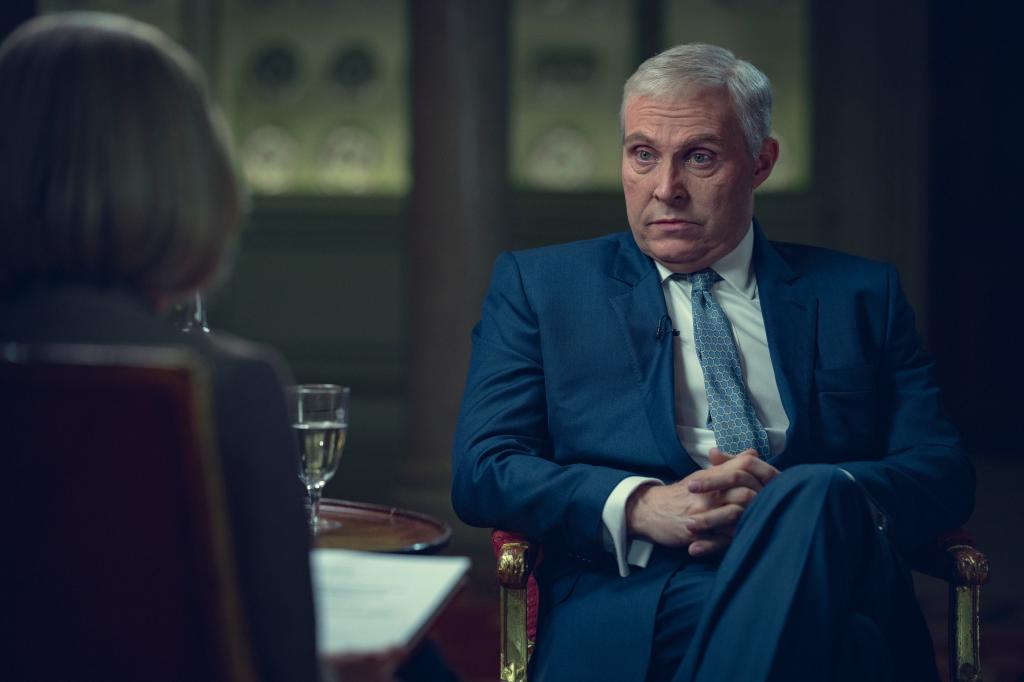“Scoop” is a film that falls somewhere in the middle of being fun or compellingly dramatic like other journalism movies. Directed by Philip Martin, the film focuses on the behind-the-scenes scramble to get Prince Andrew on TV for an interview with the BBC in the wake of Jeffrey Epstein’s sex trafficking scandal. The film portrays the BBC as a scrappy start-up, but the reality is that it is a Goliath in the broadcasting world. The main characters, such as producer Sam McAlister and anchor Emily Maitlis, are portrayed as professional and capable, although the viewer does not root for them as much as admire their abilities.
McAlister, with her tabloid sensibility, pushes for an interview with Prince Andrew despite resistance from her colleagues. After relentless pursuit, an agreement is finally reached with the palace, leading to a tense and disastrous interview between Andrew and Maitlis. Rufus Sewell portrays Andrew with a mix of overconfidence and bumbling oafishness, while Gillian Anderson’s portrayal of Maitlis is focused and steady. The interview brings backlash against Andrew but does not lead to any criminal charges, resulting in a somewhat underwhelming end to the story.
Despite the film’s efforts to make the story exciting and engaging, it falls short in delivering a compelling narrative. The characters are portrayed as professional and capable, but the lack of emotional connection with the viewer makes it difficult to truly invest in their story. The film’s attempt to frame the BBC as an underdog in the journalism world also feels forced and unrealistic. Overall, “Scoop” lacks the depth and excitement of other journalism movies, making it a forgettable addition to the genre.
The film does have some redeeming qualities, such as the strong performances by the cast, particularly Rufus Sewell and Gillian Anderson. Sewell’s portrayal of Prince Andrew captures his arrogance and ineptitude, while Anderson brings a sense of determination and intelligence to her role as Maitlis. The tense interview scene between Andrew and Maitlis is a highlight of the film, showcasing the talent of the actors involved. However, these moments are not enough to save the overall lackluster storytelling and character development in “Scoop.”
In conclusion, “Scoop” is a film that falls short of its potential to be an engaging and exciting journalism movie. While it has some strong performances and moments of tension, the overall lack of emotional depth and connection with the characters makes it difficult for the viewer to fully invest in the story. The attempt to portray the BBC as an underdog in the industry feels forced and unrealistic, further detracting from the film’s credibility. Ultimately, “Scoop” is a forgettable addition to the genre that fails to leave a lasting impression on the audience.


